Quantum Resonance Magnetic Analyzer In today’s fast-paced healthcare environment, medical professionals are constantly seeking innovative diagnostic tools that deliver comprehensive insights without invasive procedures. The Quantum Resonance Magnetic Analyzer has emerged as a revolutionary solution that’s transforming how doctors and wellness centers approach preventive care and holistic health assessment. This advanced technology offers rapid, non-invasive analysis that helps practitioners identify potential health concerns before they develop into serious conditions.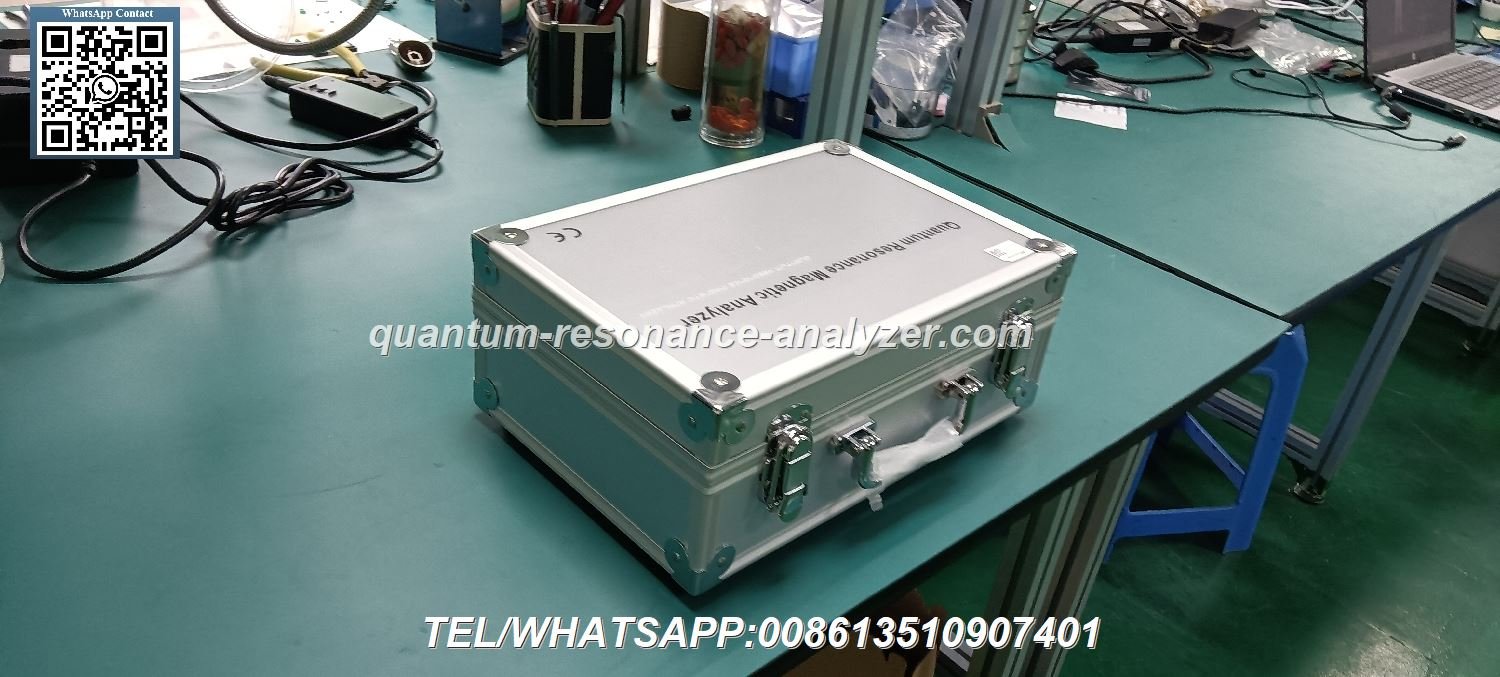
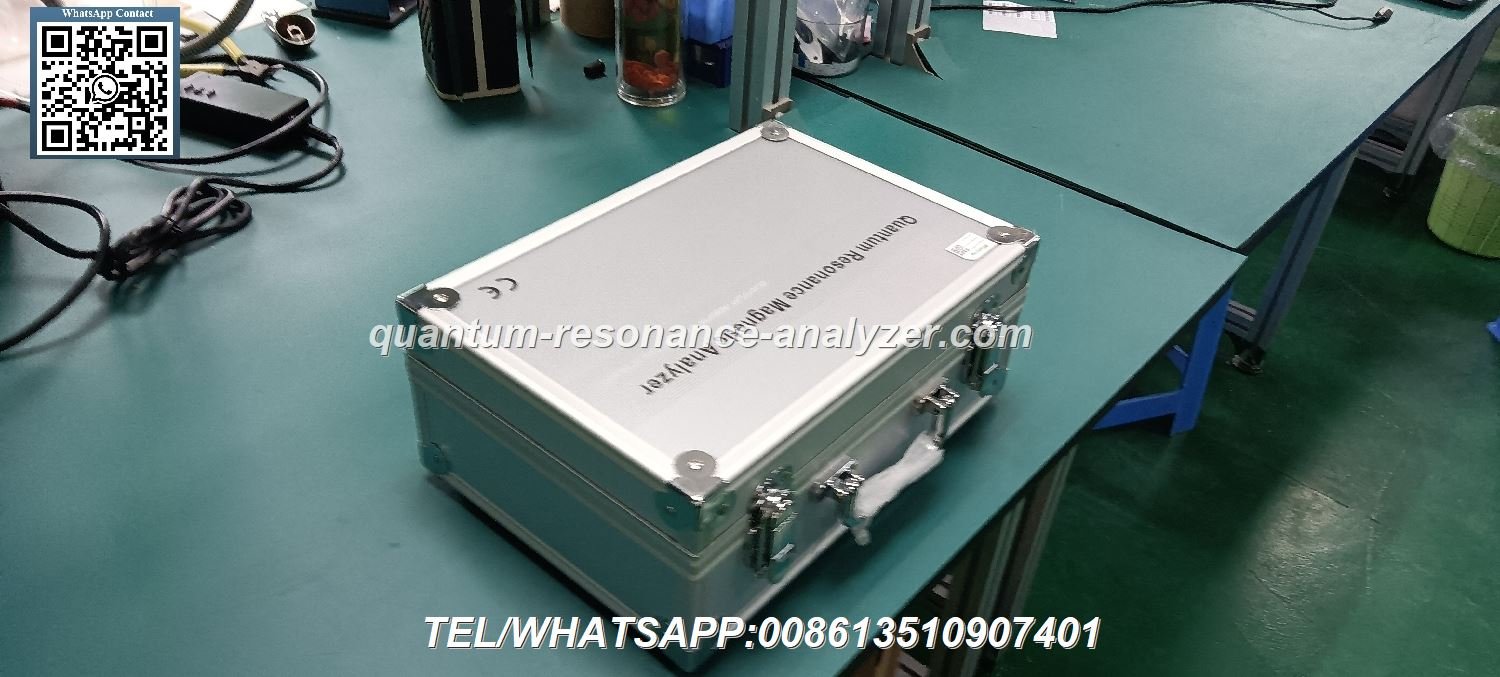
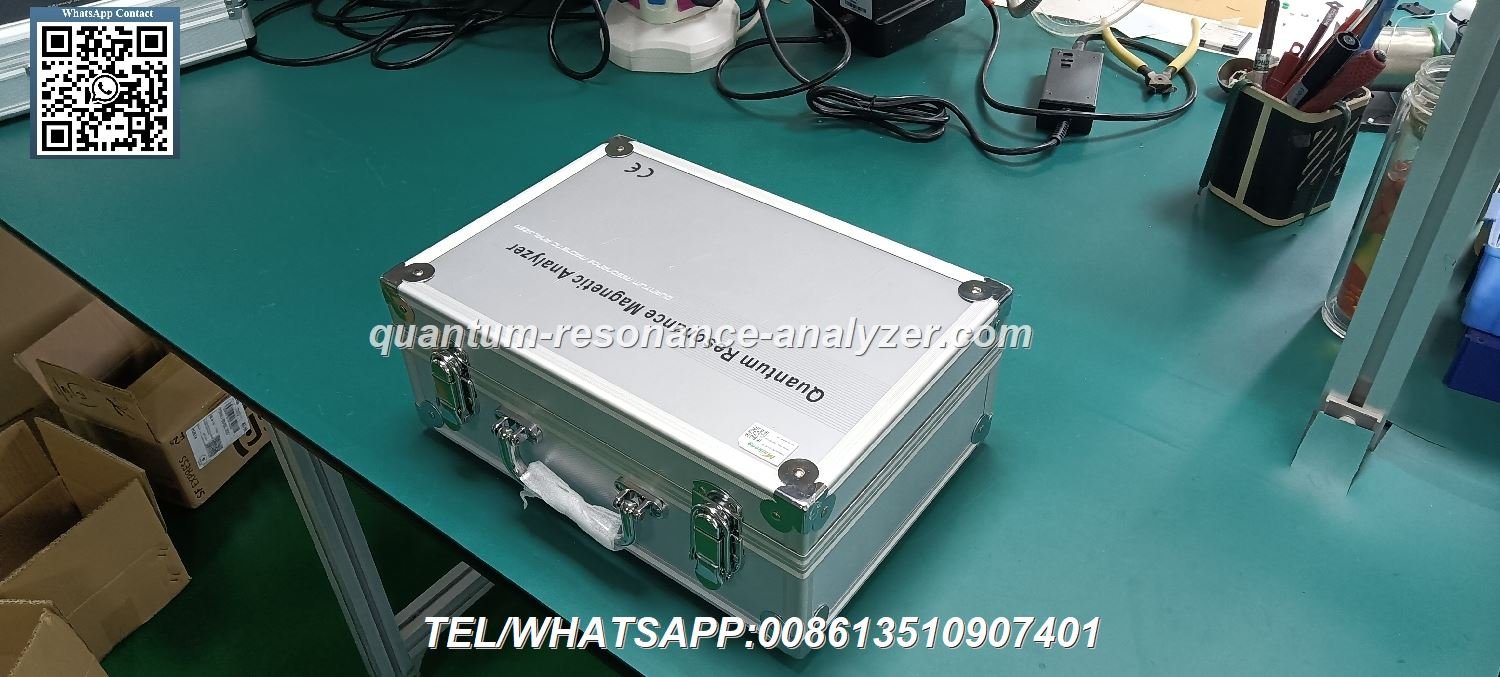
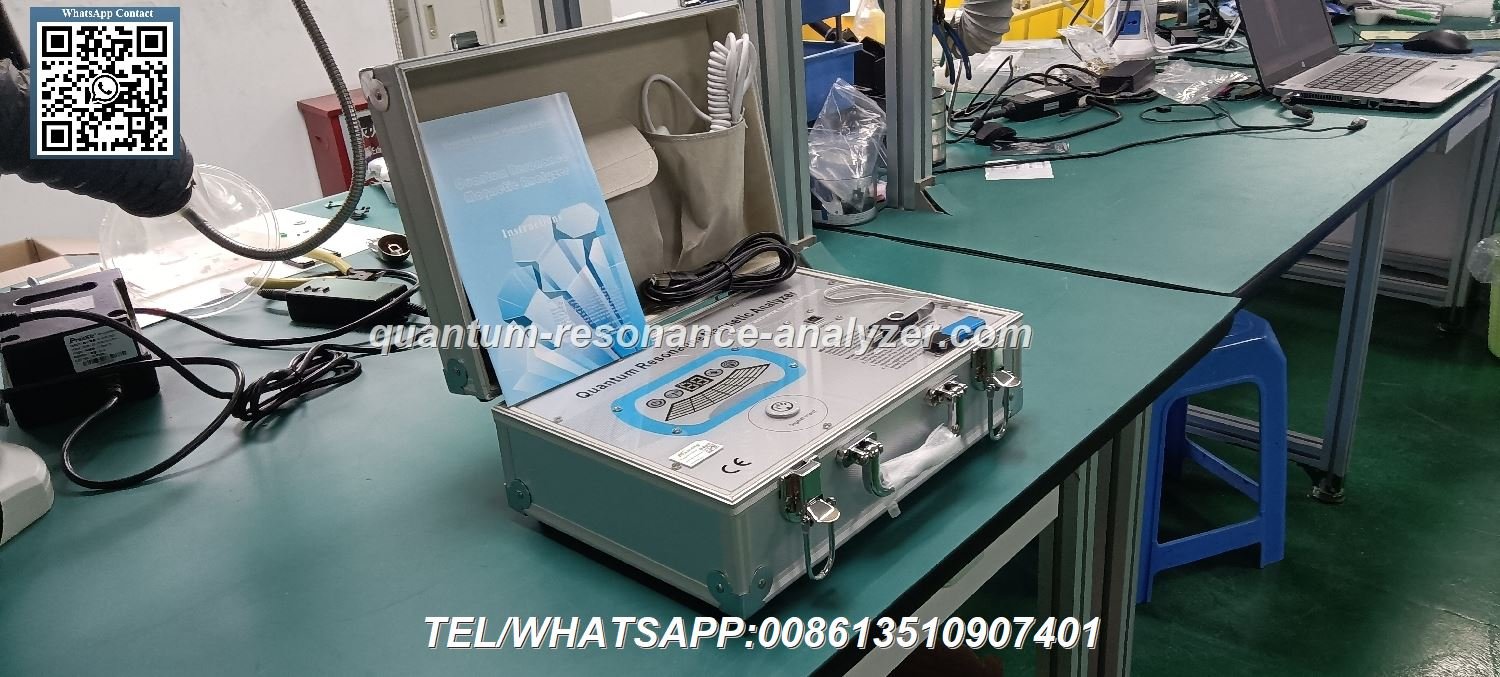
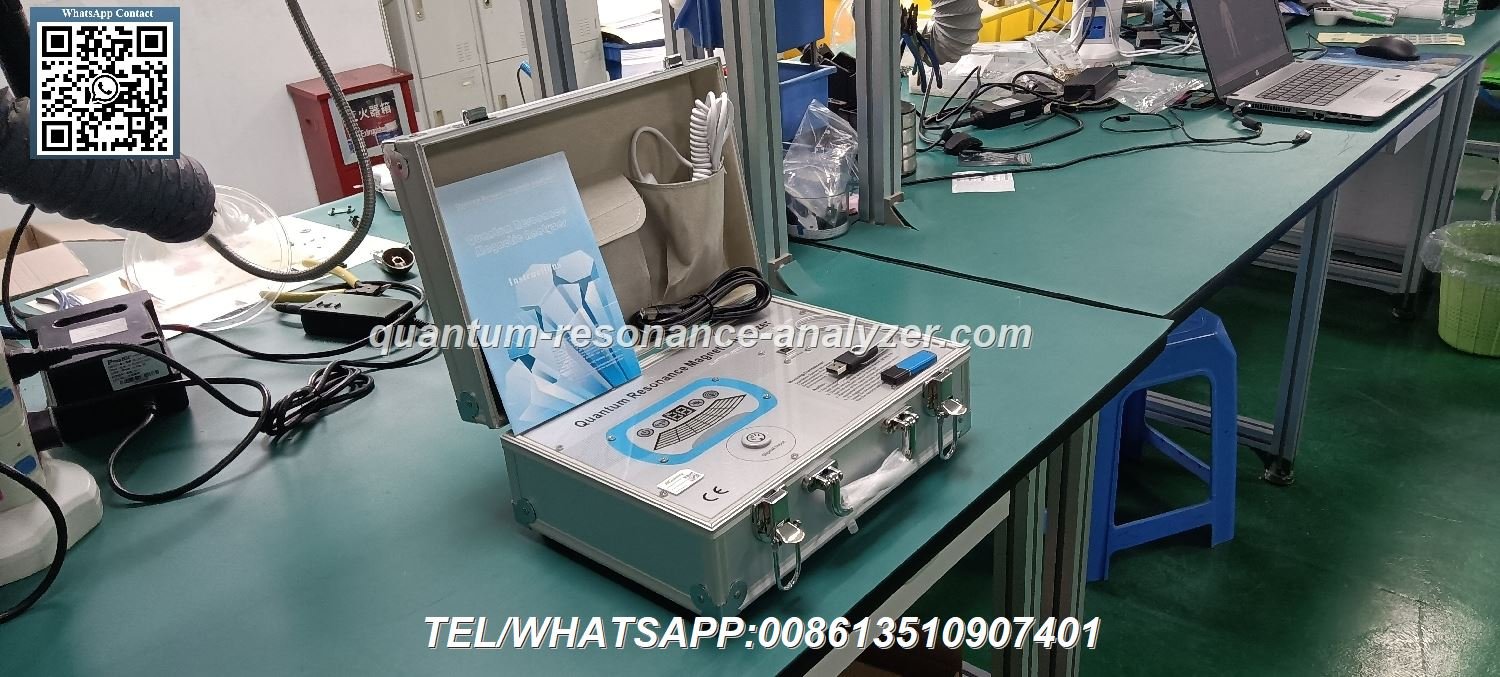
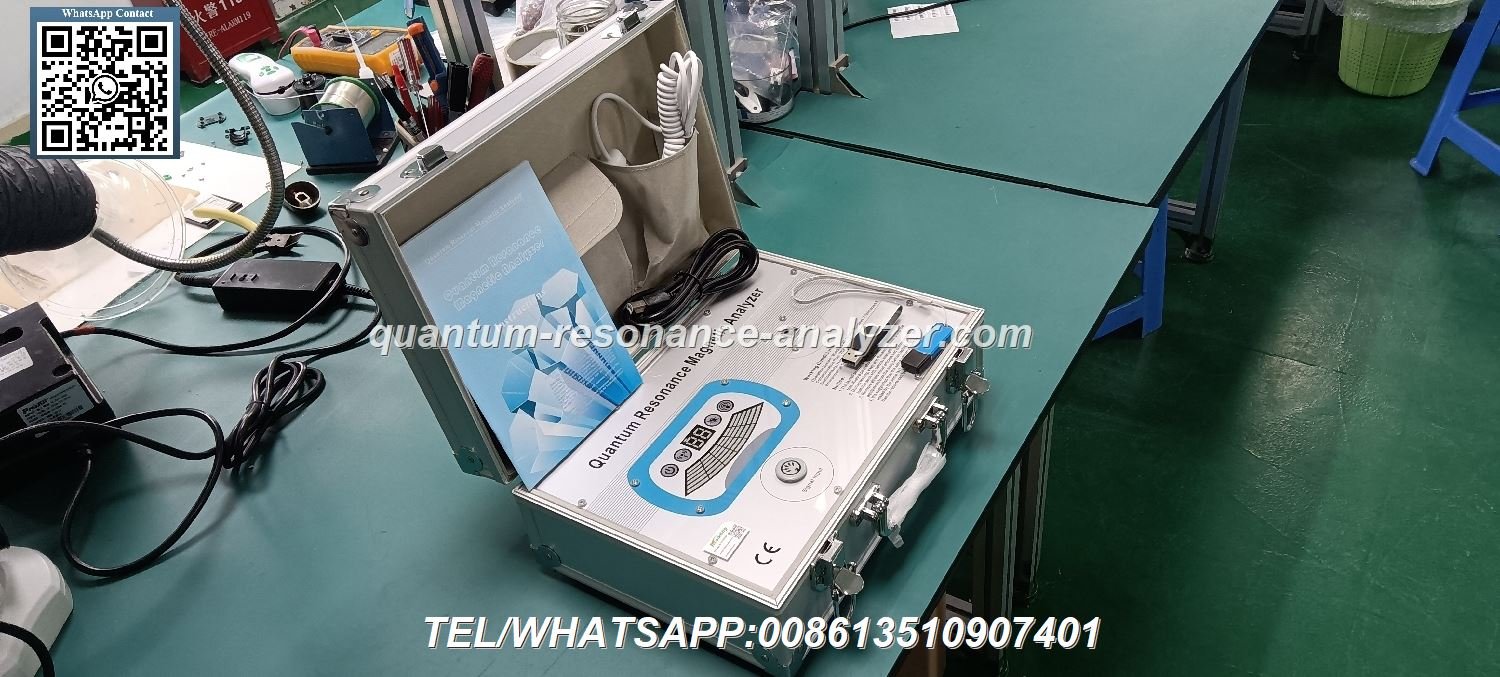
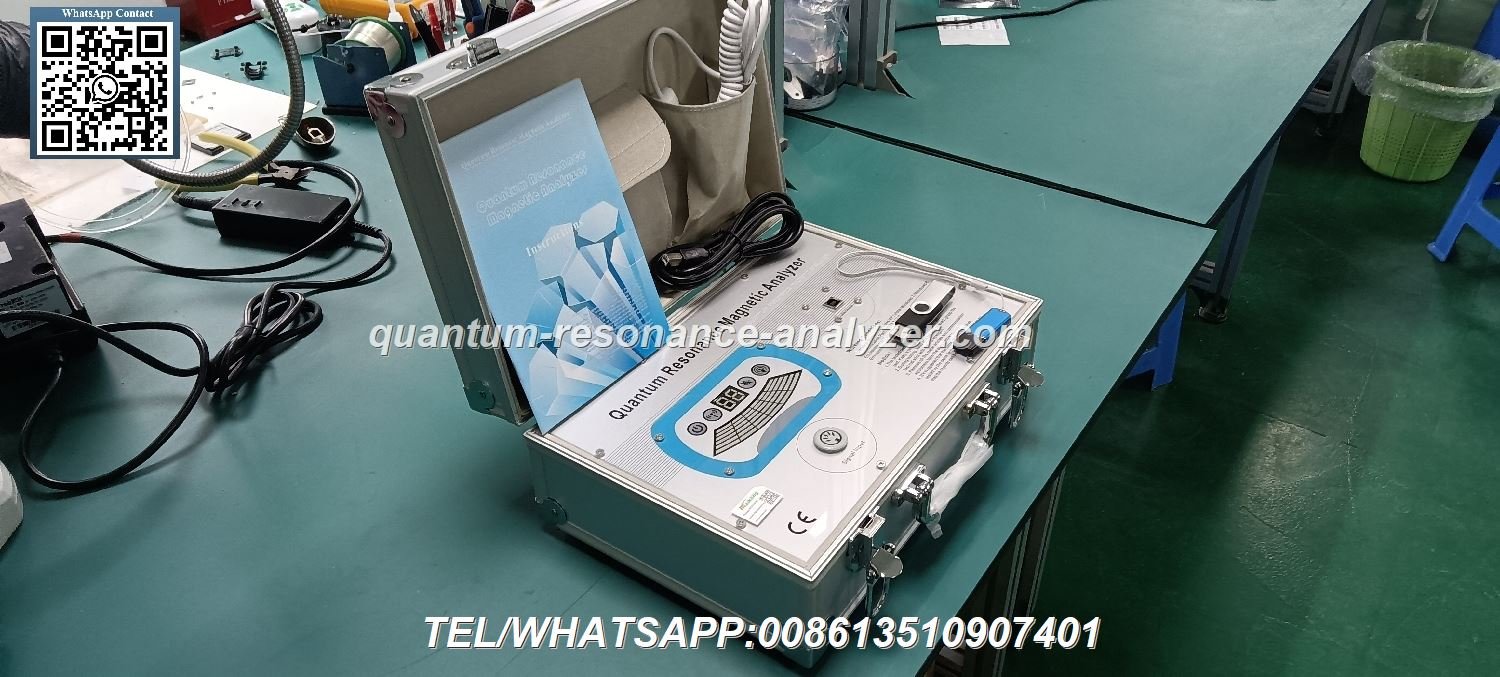 Healthcare providers worldwide are integrating this cutting-edge device into their practices to enhance diagnostic capabilities, improve patient satisfaction, and create more personalized treatment plans. Let’s explore why the Quantum Resonance Magnetic Analyzer has become an essential tool in modern healthcare settings.
Healthcare providers worldwide are integrating this cutting-edge device into their practices to enhance diagnostic capabilities, improve patient satisfaction, and create more personalized treatment plans. Let’s explore why the Quantum Resonance Magnetic Analyzer has become an essential tool in modern healthcare settings.
What Is the Quantum Resonance Magnetic Analyzer?
The Quantum Resonance Magnetic Analyzer represents a breakthrough in non-invasive diagnostic technology. This sophisticated device works on the principles of quantum physics and bioresonance to collect and analyze the weak magnetic fields produced by human cells. By detecting these subtle energy patterns, the analyzer can provide insights into various aspects of health and bodily function.
At its core, the technology captures the body’s quantum energy signals through a hand sensor that patients simply hold in their palm. These signals are then processed through advanced algorithms that compare the readings against a comprehensive database of health parameters. Within minutes, the system generates detailed reports covering multiple body systems and health indicators.
Core Features and Capabilities
- Non-invasive analysis requiring no blood samples or tissue collection
- Comprehensive health assessment covering multiple body systems
- Rapid results delivery within minutes of testing
- Dynamic 3D visualization of body organs and systems
- Comparative analysis reports to track health changes over time
- Customizable parameters and reference standards
- Multiple language support for international practices
- Windows compatibility with free software updates
- Portable design suitable for various clinical settings
- Secure data storage and report generation capabilities
Experience the Technology Firsthand
See how the Quantum Resonance Magnetic Analyzer can transform your practice’s diagnostic capabilities.
Request a Demo Today
Top 5 Reasons Doctors Prefer the Quantum Resonance Magnetic Analyzer
1. Non-Invasive Analysis
Traditional diagnostic methods often require blood draws, tissue samples, or exposure to radiation. The Quantum Resonance Magnetic Analyzer eliminates these concerns by collecting data through a simple hand sensor. This non-invasive approach is particularly valuable for patients who are anxious about needles or medical procedures, as well as for frequent monitoring that would otherwise require repeated invasive testing.
2. Comprehensive Health Insights
Unlike specialized tests that focus on single health parameters, the Quantum Resonance Magnetic Analyzer provides a holistic view of health status. The system can generate up to 47 different health reports covering cardiovascular health, immune function, mineral levels, vitamin status, bone density, allergies, and much more. This comprehensive approach helps practitioners identify interconnected health issues that might be missed with more narrowly focused testing.
3. Time Efficiency
In busy medical practices, time is a precious resource. The Quantum Resonance Magnetic Analyzer delivers results in minutes rather than the hours or days required for laboratory tests. This rapid analysis allows practitioners to discuss findings and treatment options during the same appointment, eliminating follow-up visits and improving patient convenience.
4. Preventive Health Focus
The analyzer excels at detecting subtle imbalances and early warning signs before they develop into clinical symptoms. This capability aligns perfectly with the growing emphasis on preventive medicine, allowing doctors to address potential health issues at their earliest stages when interventions are typically most effective and least costly.
5. Cost-Effectiveness
While the initial investment in a Quantum Resonance Magnetic Analyzer is significant, the long-term economic benefits are substantial. The device eliminates ongoing costs for disposable testing supplies, reduces laboratory fees, and decreases the need for multiple specialized tests. Many practitioners report that their investment is recovered within months through increased practice efficiency and additional service offerings.
| Benefit |
Impact on Practice |
Impact on Patients |
| Non-Invasive Analysis |
Reduced biohazard handling and supplies |
Increased comfort and reduced anxiety |
| Comprehensive Reports |
More complete diagnostic capabilities |
Better understanding of interconnected health factors |
| Rapid Results |
More patients served per day |
Same-day results and treatment plans |
| Preventive Focus |
Expanded preventive service offerings |
Early intervention for better outcomes |
| Cost-Effectiveness |
Reduced operational expenses |
Potentially lower service costs |
Enhance Your Diagnostic Capabilities
Join thousands of healthcare professionals who have transformed their practice with advanced quantum analysis.
Download Clinical Research
How Wellness Centers Leverage the Quantum Resonance Magnetic Analyzer
Wellness centers have embraced the Quantum Resonance Magnetic Analyzer as a cornerstone technology for their integrative health approaches. Unlike traditional medical settings that focus primarily on disease treatment, wellness centers emphasize prevention, optimization, and holistic health—areas where this technology particularly excels.
Personalized Wellness Plans
The comprehensive data provided by the analyzer allows wellness practitioners to create highly individualized health protocols. By identifying specific imbalances in nutritional status, organ function, or energy systems, practitioners can tailor recommendations for supplements, dietary changes, exercise regimens, and lifestyle modifications that address each client’s unique needs.
Client Education and Engagement
The visual reports generated by the Quantum Resonance Magnetic Analyzer serve as powerful educational tools. The colorful graphs, charts, and 3D visualizations help clients better understand their health status and the rationale behind recommended interventions. This visual approach increases client engagement and motivation to follow through with wellness protocols.
Progress Tracking and Accountability
Wellness centers use the analyzer’s comparative reporting features to document client progress over time. By conducting follow-up scans after implementing wellness protocols, practitioners can demonstrate objective improvements in health parameters. This tangible evidence of progress helps maintain client motivation and validates the effectiveness of the center’s approaches.
Service Differentiation
In the competitive wellness market, centers that offer Quantum Resonance Magnetic Analyzer assessments distinguish themselves from competitors. The technology’s scientific approach appeals to clients seeking evidence-based wellness solutions rather than purely subjective assessments. Many centers report that adding this service has significantly increased client acquisition and retention rates.
Elevate Your Wellness Center
Discover how the Quantum Resonance Magnetic Analyzer can become your center’s most valuable assessment tool.
Schedule a Consultation
Case Studies: Success Stories with the Quantum Resonance Magnetic Analyzer
Integrative Medicine Practice
Dr. Sarah Chen, Vitality Integrative Health
“Implementing the Quantum Resonance Magnetic Analyzer transformed our practice’s approach to patient assessment. We now identify subtle imbalances that conventional tests miss, allowing for earlier interventions. Our patient satisfaction scores have increased by 42%, and we’ve seen a 35% growth in new patient referrals since adding this technology.”
Dr. Chen reports that the analyzer has been particularly valuable for patients with complex, chronic conditions that hadn’t responded well to conventional approaches. The comprehensive reports help her team identify interconnected factors contributing to health challenges.
Holistic Wellness Center
Michael Johnson, Director, Optimal Living Wellness
“Adding the Quantum Resonance Magnetic Analyzer to our service offerings created a significant competitive advantage. Clients appreciate the scientific approach and comprehensive insights. We’ve been able to increase our assessment fees by 30% while still growing our client base by 25% year-over-year.”
Johnson notes that the analyzer has become their center’s signature assessment tool, with many clients specifically seeking out their facility because they offer this advanced technology. The objective data has also improved their relationships with local medical providers.
Functional Medicine Clinic
Dr. Robert Martinez, Functional Health Solutions
“The ROI on our Quantum Resonance Magnetic Analyzer exceeded our expectations. We recovered our investment within 4 months through new service offerings. More importantly, our diagnostic accuracy has improved, particularly for patients with nutritional imbalances and early-stage metabolic issues.”
Dr. Martinez’s clinic now uses the analyzer as an initial screening tool for all new patients. The comprehensive baseline assessment helps his team develop more targeted functional medicine protocols and reduces the need for multiple specialized tests.
Quantum Resonance Magnetic Analyzer vs. Traditional Diagnostic Methods
While traditional diagnostic methods remain valuable in healthcare, the Quantum Resonance Magnetic Analyzer offers distinct advantages in many scenarios. Understanding these differences helps practitioners determine when and how to integrate this technology into their existing diagnostic protocols.
| Feature |
Quantum Resonance Magnetic Analyzer |
Blood Tests |
Imaging (MRI, CT, etc.) |
| Invasiveness |
Non-invasive hand sensor |
Invasive needle draw |
Non-invasive but may use radiation or contrast |
| Time to Results |
Minutes |
Hours to days |
Hours to days |
| Comprehensiveness |
Multiple body systems in one test |
Limited to specific markers |
Limited to structural information |
| Cost per Test |
Low after initial investment |
Moderate to high |
Very high |
| Equipment Size |
Compact, portable |
Requires lab equipment |
Large, fixed installation |
| Preventive Capability |
Excellent for early detection |
Good for specific markers |
Limited to visible changes |
| Patient Experience |
Comfortable, stress-free |
Often causes anxiety |
Can be claustrophobic or uncomfortable |
“The Quantum Resonance Magnetic Analyzer doesn’t replace all traditional diagnostics, but it provides a valuable screening tool that helps us determine when more invasive or expensive testing is truly necessary. This saves our patients time, money, and unnecessary discomfort.”
— Dr. James Wilson, Medical Director, Advanced Preventive Medicine Center
How to Implement the Quantum Resonance Magnetic Analyzer in Your Practice
Integrating the Quantum Resonance Magnetic Analyzer into your healthcare practice or wellness center involves several key steps. Following this implementation roadmap will help ensure a smooth transition and maximize the technology’s benefits for both your practice and your patients.
Step 1: Assessment and Planning
- Evaluate your current diagnostic protocols and identify integration opportunities
- Determine space requirements and optimal location for the analyzer setup
- Assess computer system compatibility with the analyzer software
- Develop a budget that includes the device, training, and implementation costs
- Create a timeline for implementation and staff training
Step 2: Staff Training and Education
- Schedule comprehensive training sessions for all relevant staff members
- Ensure practitioners understand the scientific principles behind the technology
- Practice interpreting reports and explaining results to patients
- Develop protocols for integrating findings with other diagnostic information
- Create standard operating procedures for device use and maintenance
Step 3: Patient Introduction and Marketing
- Develop educational materials explaining the technology and its benefits
- Train front desk staff to explain the service to patients
- Update your website and social media to highlight this advanced offering
- Consider introductory pricing or bundled assessments to encourage adoption
- Collect and share testimonials from patients who have benefited from the analysis
Step 4: Integration into Practice Workflow
- Determine when in the patient journey the analysis will be conducted
- Establish protocols for report review and incorporation into treatment plans
- Create documentation templates for including analyzer findings in patient records
- Develop follow-up protocols to track changes over time
- Establish quality control procedures to ensure consistent results
Ready to Transform Your Practice?
Our implementation specialists can guide you through each step of integrating the Quantum Resonance Magnetic Analyzer into your unique practice setting.
Join Our Implementation Webinar
FAQs About the Quantum Resonance Magnetic Analyzer

How accurate is the Quantum Resonance Magnetic Analyzer compared to conventional testing?
The analyzer demonstrates strong correlation with conventional testing in many areas, particularly for nutritional status, metabolic function, and stress indicators. Clinical studies have shown accuracy rates of 85-95% when compared to standard blood tests for many common health markers. However, it’s important to understand that the technology measures energetic imbalances that may precede biochemical changes, making direct comparisons challenging in some cases. Many practitioners use it as a screening tool to determine when more specific conventional testing is warranted.
Is the Quantum Resonance Magnetic Analyzer FDA approved?
The Quantum Resonance Magnetic Analyzer is classified as a biofeedback device or wellness assessment tool rather than a medical diagnostic device in most jurisdictions. While it has various certifications for safety and quality, practitioners should be aware of the regulatory status in their specific location. It’s typically marketed for health assessment rather than medical diagnosis of specific conditions. Many practitioners use it as a complementary tool alongside conventional diagnostics rather than as a replacement.
What maintenance and updates are required?
The physical device requires minimal maintenance beyond standard cleaning and proper storage. The software typically receives regular updates to expand the database and improve analysis algorithms. Most manufacturers provide these updates at no additional cost for a specified period (typically 1-3 years), after which there may be a subscription fee for continued updates. The system should be calibrated according to manufacturer specifications, usually annually, to ensure optimal performance.
How long does a typical assessment take?
A standard assessment takes approximately 1-3 minutes for data collection, with the patient simply holding the hand sensor. The system then processes this data and generates reports in another 2-3 minutes. The practitioner review and explanation to the patient typically takes 15-30 minutes depending on the complexity of findings and the number of health areas being addressed. Many practices schedule 30-45 minute appointments for initial assessments and shorter follow-up visits for comparative analysis.
What is the return on investment timeline?
Most practices report recovering their investment within 6-12 months, though this varies based on practice type, patient volume, and service pricing. A typical business model includes charging $75-150 for initial comprehensive assessments and $50-75 for follow-up comparative analyses. With an average of just 2-3 assessments per day, practices can generate $3,000-9,000 in additional monthly revenue. Beyond direct revenue, many practitioners report significant indirect benefits through increased patient retention, referrals, and the ability to provide more targeted treatment protocols.
Conclusion: The Future of Integrative Assessment
The Quantum Resonance Magnetic Analyzer represents a significant advancement in how healthcare practitioners can assess and monitor health status. By providing comprehensive, non-invasive analysis in minutes, this technology aligns perfectly with the growing emphasis on preventive care, patient experience, and practice efficiency.
As healthcare continues to evolve toward more personalized and preventive approaches, tools like the Quantum Resonance Magnetic Analyzer will play an increasingly important role in both conventional medical settings and integrative wellness centers. The ability to detect subtle imbalances before they manifest as clinical symptoms empowers both practitioners and patients to take a more proactive approach to health maintenance.
Whether you’re looking to enhance your diagnostic capabilities, differentiate your practice in a competitive market, or improve patient outcomes through earlier intervention, the Quantum Resonance Magnetic Analyzer offers a powerful solution worth serious consideration.
Transform Your Practice Today
Join the growing community of forward-thinking healthcare providers who have elevated their practice with quantum resonance technology.
Explore Pricing Options







 Healthcare providers worldwide are integrating this cutting-edge device into their practices to enhance diagnostic capabilities, improve patient satisfaction, and create more personalized treatment plans. Let’s explore why the Quantum Resonance Magnetic Analyzer has become an essential tool in modern healthcare settings.
Healthcare providers worldwide are integrating this cutting-edge device into their practices to enhance diagnostic capabilities, improve patient satisfaction, and create more personalized treatment plans. Let’s explore why the Quantum Resonance Magnetic Analyzer has become an essential tool in modern healthcare settings.















